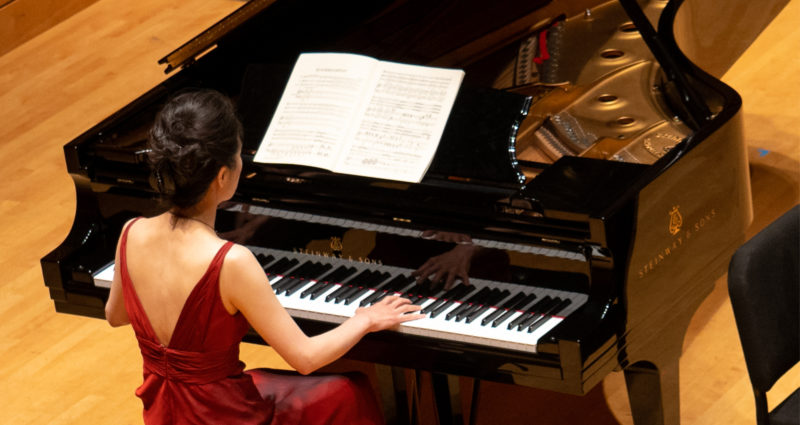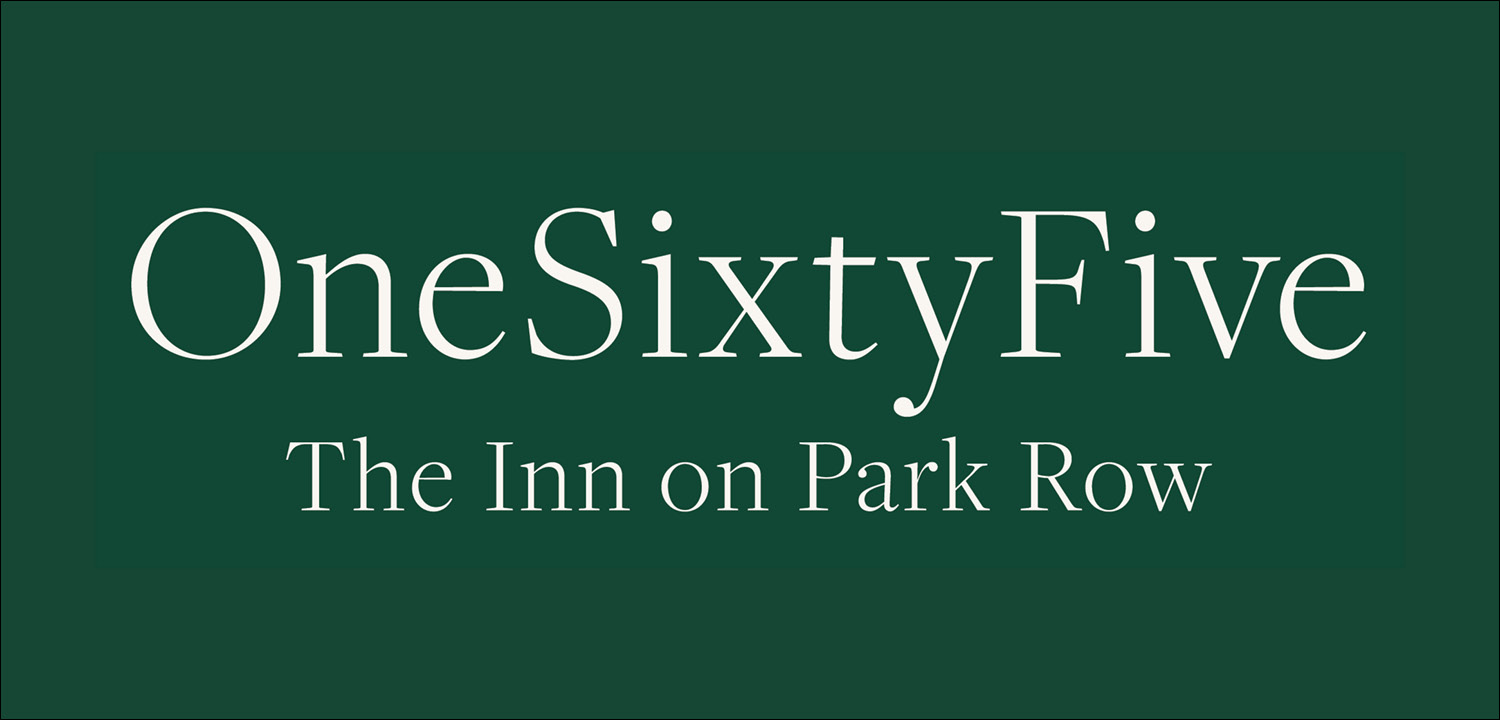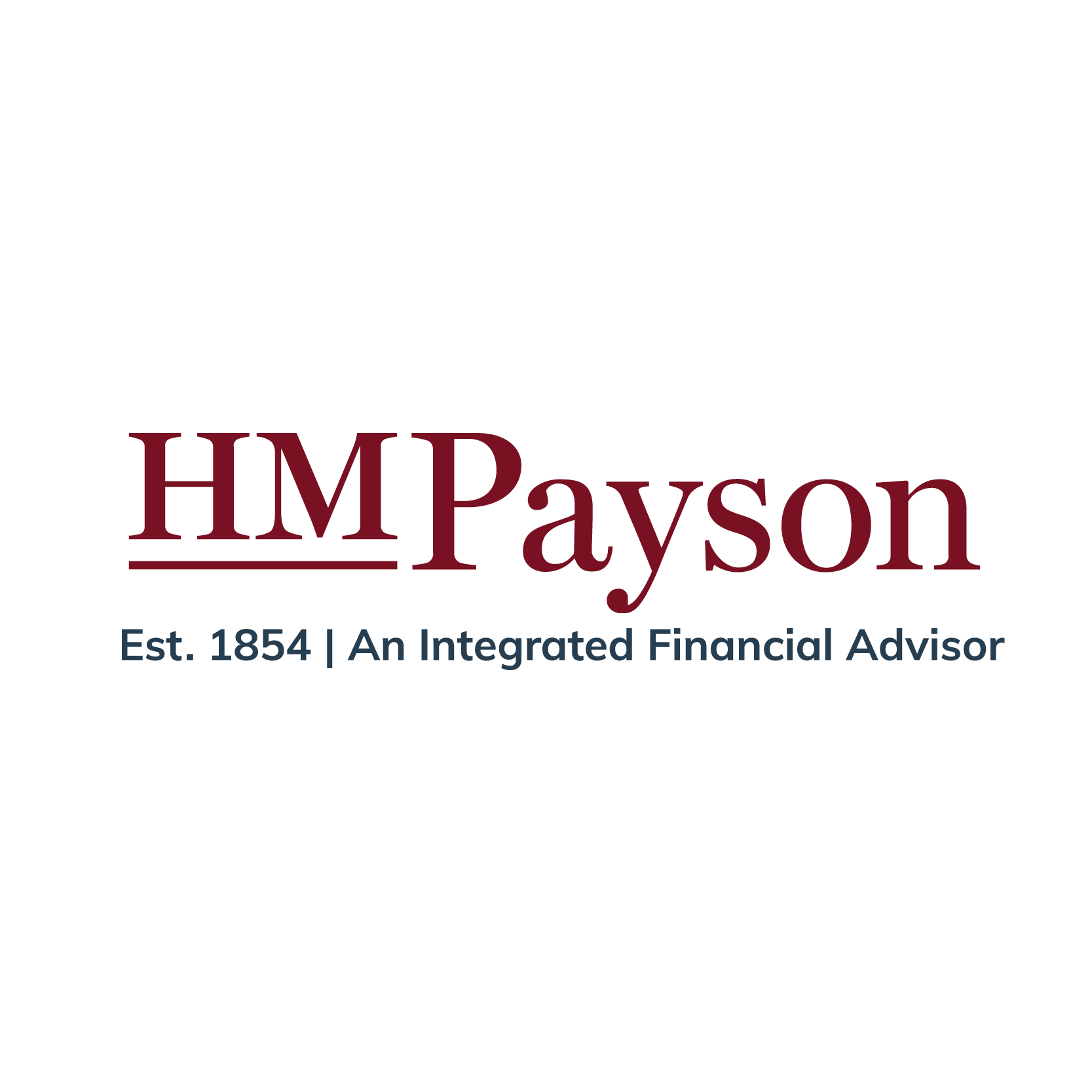- This event has passed.
Clarke, Thomas, & brahms
REBECCA CLARKE (1886-1979)
Piano Trio (1921)
- Moderato ma appassionato
- Andante molto semplice
- Allegro vigoroso
Meg Freivogel, violin • Edward Arron, cello • Pei-Shan Lee, piano
AUGUSTA READ THOMAS (b. 1964)
Capricci from Hummingbird Romance (2011)
Nikolas Rodriguez*, flute • Ju Hyun Lee*, clarinet
AUGUSTA READ THOMAS (b. 1964)
Cantos for Slava (Work-in-progress, 2022 version of the pizzicato section)
Denise Djokic, cello • Tao Lin, piano
— Intermission —
JOHANNES BRAHMS (1833-1897)
String Sextet No. 2 in G Major, Op. 36
- Allegro non troppo
- Scherzo. Allegro non troppo – Presto giocoso
- Poco Adagio
- Poco Allegro
Ian Swensen, Robin Scott, violin • Phillip Ying, Liz Freivogel, viola • Denise Djokic, Keiko Ying, cello
*Fellows
Program Notes
REBECCA CLARKE
Piano Trio (1921)
Born in outer London, Rebecca Clarke was a pioneer on several fronts. Having shown significant promise as a violinist in her youth, she became the first woman to enter the Royal College of Music, where she transitioned from violin to viola and studied composition with Charles Villiers Stanford. Cast out of her parents’ home by her hostile father, Clarke pursued viola performance in order to gain an independent source of income. Success was not far behind. In 1912, she was invited to join London’s leading orchestra at Queen’s Hall by its conductor, Henry Wood—an all the more exceptional achievement given how few women were offered such opportunities for professional advancement in the orchestral industry. By the end of the decade, she was touring extensively as a soloist across the United States.
During this time, Clarke continued developing her mature voice as a composer, writing works to perform on her tours. Her Morpheus, for viola and piano, was a major success at its 1918 premiere in Carnegie Hall—although when it came to publishing the work, she followed advice to adopt the pseudonym “Anthony Trent” in order to subvert potential discrimination. It was also “Anthony Trent” who wrote the Viola Sonata (1919), and the Piano Trio (1921) and entered these works into the composition competition of the Berkshire Festival of Chamber Music—an initiative organized and financed by the famous artistic patron Elizabeth Sprague Coolidge. While her works were both runners-up, Clarke made a significant impression on Coolidge, who commissioned a new composition from her for the 1923 Berkshire Festival.
The Piano Trio is exemplary of Clarke’s distinct style at the peak of her powers: like the Viola Sonata, the Trio opens with clarion gestures, seizing the attention with a rhythmic figure that is woven throughout the three movements. The thrill of these opening sirens soon fades into lusher passages featuring the riches of Clarke’s harmonic vocabulary—based often on whole-tone and pentatonic sonorities—and her technique of building harmonies out of melodic contours through the use of parallel chords and imitative counterpoint.
Despite these high-profile chamber music successes, Clarke faced enduring trouble acquiring the confidence of publishers, who believed—in self-fulfillingly defeatist fashion—that publishing compositions by women was too risky a venture. Clarke effectively ceased composition after World War II; she eventually settled in New York, where she died in 1979.
AUGUSTA READ THOMAS
Capricci from Hummingbird Romance (2011)
Augusta Read Thomas has provided the following text to accompany Capricci:
Capricci, “Hummingbird Romance”, for flute and clarinet (a version for violin and viola also exists) is a whimsical, fanfare-like revelry of five minutes duration, which was made as a wedding gift for Michelle Pellay Walker and Paul Pellay. The world premiere performance was presented by Ensemble Dal Niente, Constance Volk, flute and Katie Schoepflin, clarinet, on May 11, 2014 in Chicago, Illinois. John von Rhein, the main classical music critic of the Chicago Tribune, described Capricci as “an Aphoristic little gem in which a fluttering flute and clarinet danced, imitated, bumped and melded with each other.”
Capricci, like all my music, is influenced by 35 years of listening to Jazz. For instance, Louis Armstrong with his groups in New Orleans (“Hot Five” and “Hot Seven”) where, say, his trumpet and Johnny Dodds’ clarinet are both improvising independently in the same register.
AUGUSTA READ THOMAS
Cantos for Slava
Work-in-progress (2022 version of the pizzicato section)
Augusta Read Thomas has provided the following text to accompany Cantos for Slava:
When playing and hearing Cantos for Slava (which is still a work-in-progress), the virtuosity, flexibility, and energy of superstar jazz upright-bass players Charles Mingus, Ron Carter, and Ray Brown leap to ear and mind. This force, intersected with other specific musical perfumes, formulate a unique sonic palette, in which “music talks with music.” Imagine the pointillistic intricacy and contrapuntal, conversational, interlocking-lines of J. S. Bach’s keyboard music crisscrossed with Bill-Evans-and-Thelonious-Monk
like harmonies, then further overlapped with the energy of bebop’s fast tempo, rapid chord changes, mood shifts, and instrumental flair. Thomas braids these auras (there are no musical quotes in the composition) into a personal, nuanced amalgam that captures the spirit of improvisation, at turns whimsical, soulful, vivacious, reflective, and animated.
Thomas has said, “There is a lifeforce when one musician speaks in music with another. Even if from time to time one musician is silent, there is still an animated spirit and energy.” She writes on her score, “Full of spirit; Enthusiastic inner-life for each note, line, and hocket.” This refined composition is a 7-minute conversation between cello and piano as well as a conversation between the composer and some of her musical idols.
JOHANNES BRAHMS
String Sextet No. 2 in G Major, Op. 36 (1864-65)
It can be risky and futile to derive a link between the events in an artist’s life and the interpretation of a work. In his second String Sextet, however, Brahms leaves little room for
doubt as to his preoccupations. The second theme of the first movement, introduced by the cello, builds into a climactic inscription declaimed by the first violin and viola on the notes A-G-A-H-E: that is, Brahms’s way of invoking the name of his formerly betrothed, Agathe von Siebold (with “H” representing B-natural in German).
Brahms’ intense romance with von Siebold had begun in 1858, but was terminated abruptly after the dismal premiere of Brahms’s Piano Concerto No. 1. Brahms had grown fearful at the prospect of forming a family amidst a potential career of artistic failures, and broke off the engagement acrimoniously. He later ruminated, perhaps unfairly: “If, in such moments, I had to meet the anxious, questioning eyes of a wife with the words ‘another failure’—I could not have borne that!” Clearly, however, despite his ill will, Brahms did not overcome his feelings for von Siebold as easily as he dismissed her. She remained on his mind throughout the ensuing years; and when Brahms was wrapping up work on the Sextet in 1864, he wrote to his friend Josef Gänsbacher, “By this work I have freed myself of my last love.”
The Sextet weaves its way into New England music history as well: it received its world premiere in Boston by the Mendelssohn Quintette Club on October 11, 1866. The musicians and founders of the Mendelssohn Quintette Club were largely German emigrants who had arrived in the United States in the late 1840s, and who had been playing together in various professional orchestras across Boston and Cambridge. They began to present chamber music to American audiences in the salons of Bostonian businesspeople, beginning with the jeweler John Bigelow. In the 1850s, the Club expanded their reach, regularly performing in Providence and elsewhere in the region. They became one of the most acclaimed chamber music societies in the United States, and eventually embarked on tours across the country and even to Australia and New Zealand.
Program Notes by Peter Asimov
COVID POLICY
Proof of vaccination and booster required upon entry at Studzinski Recital Hall.
This concert is generously sponsored by:









